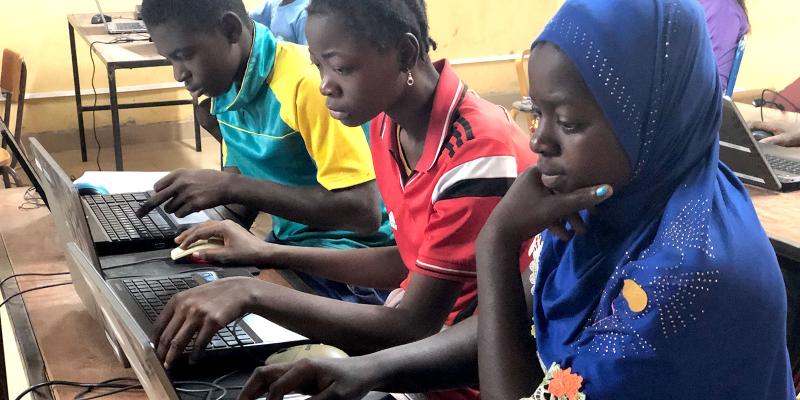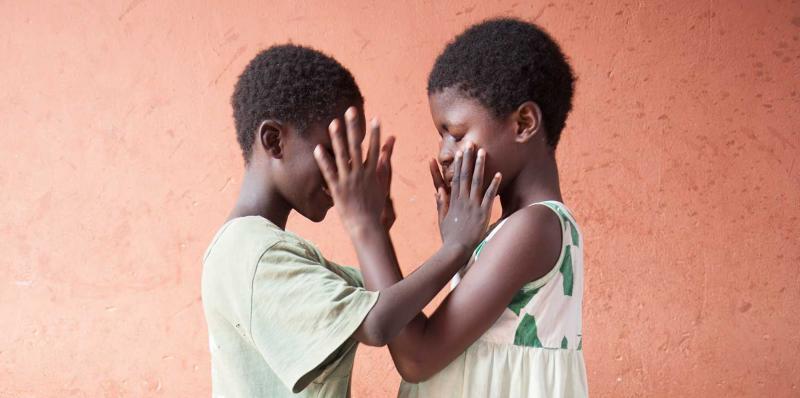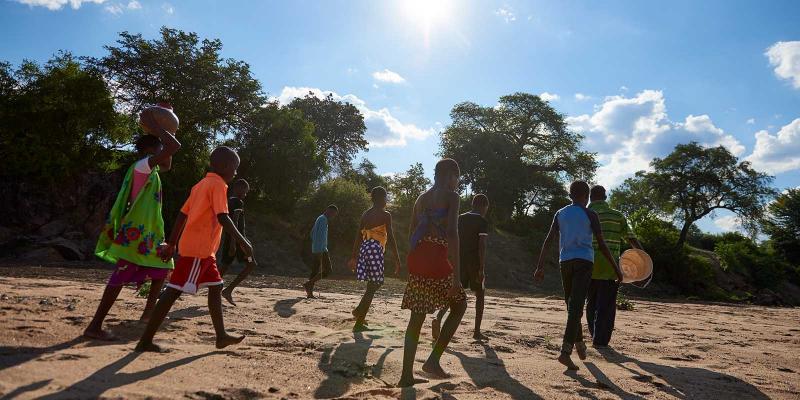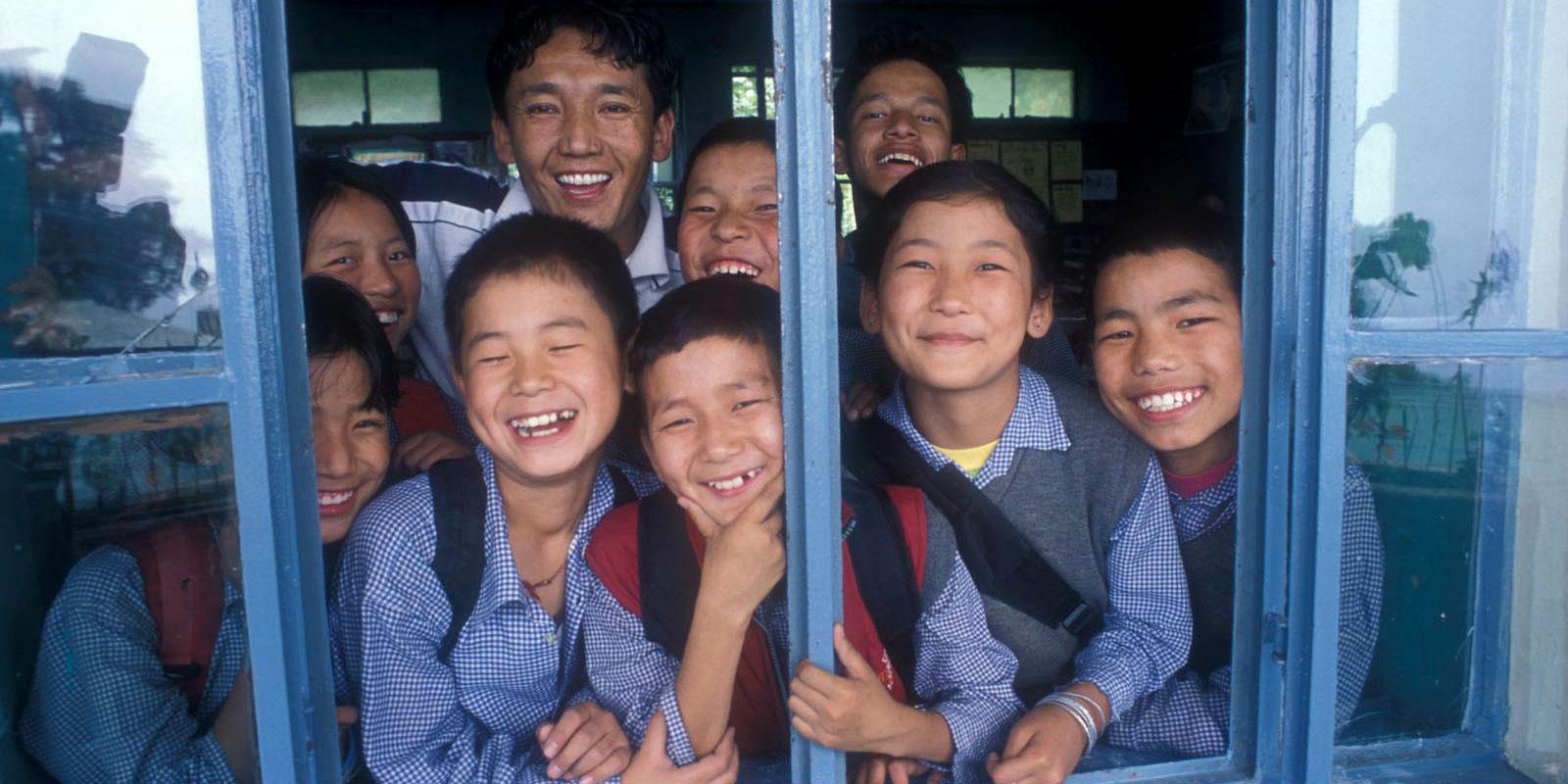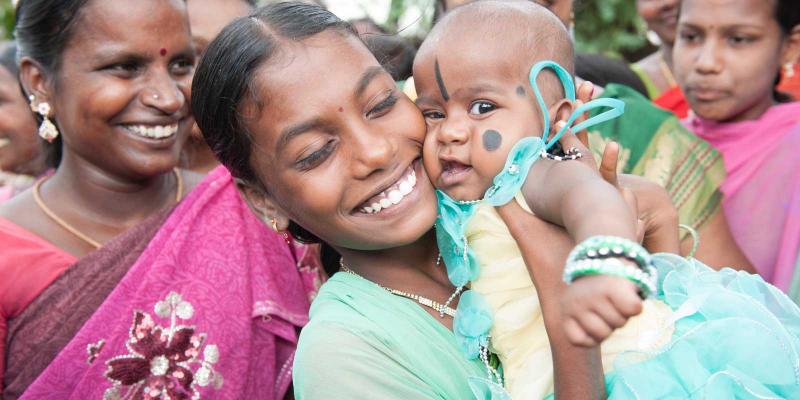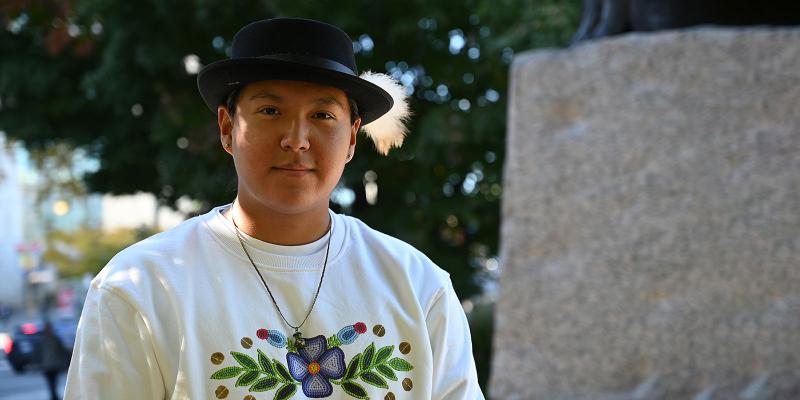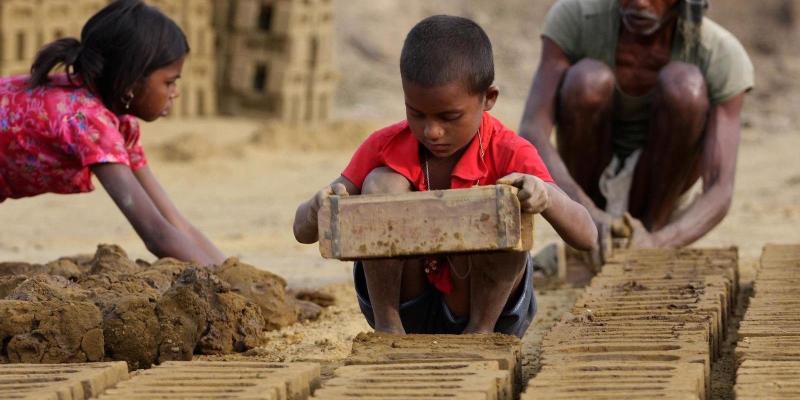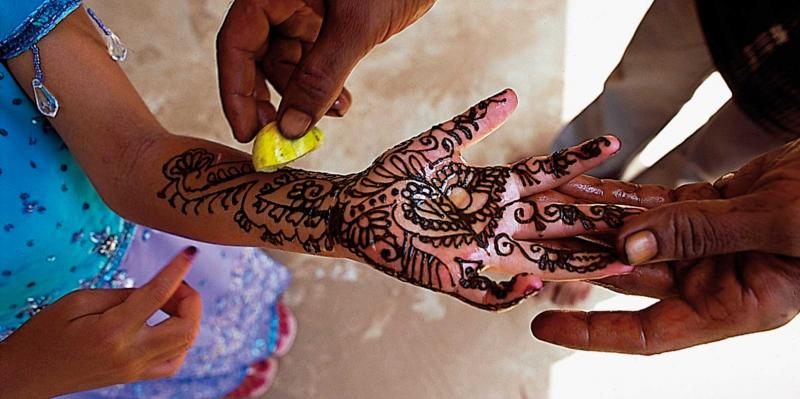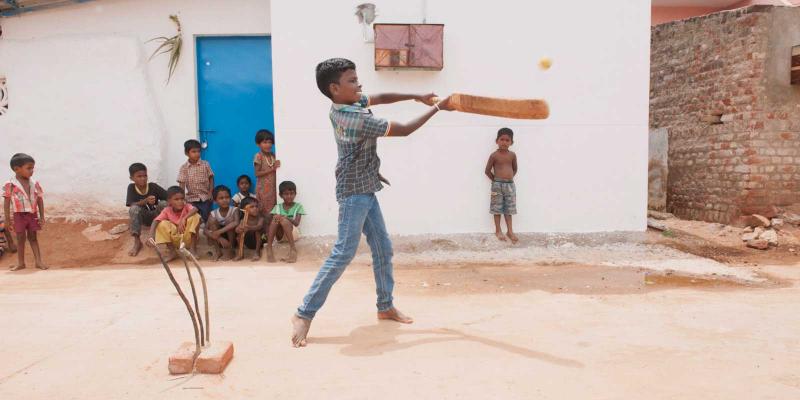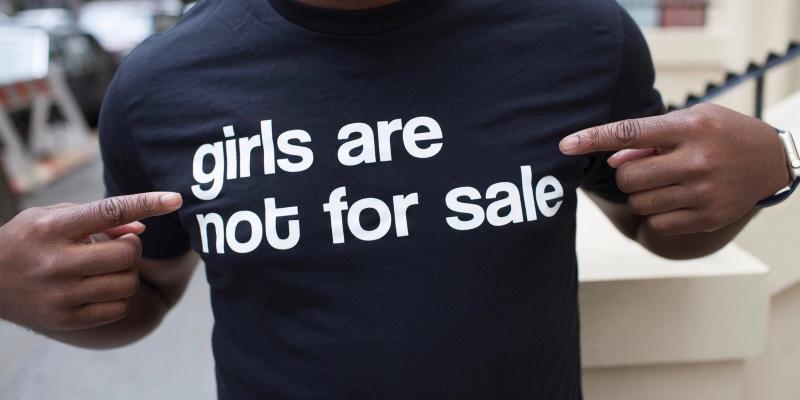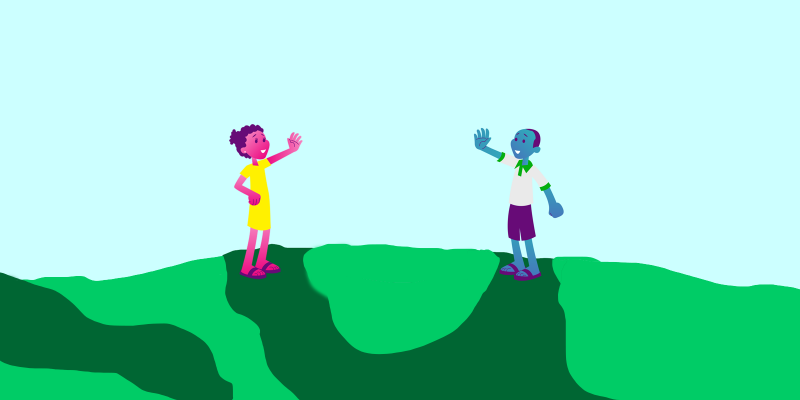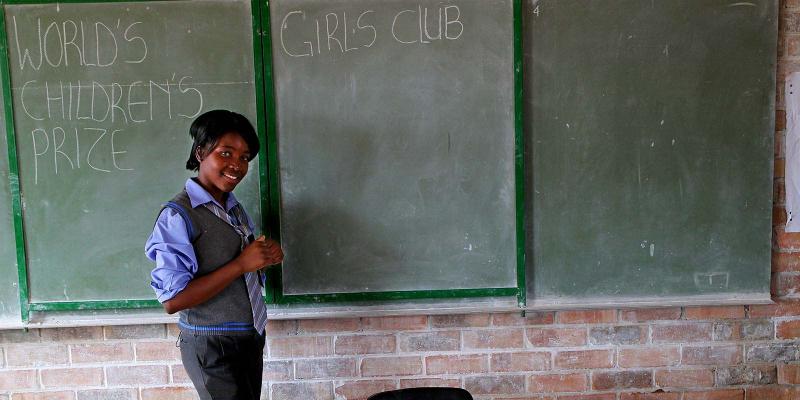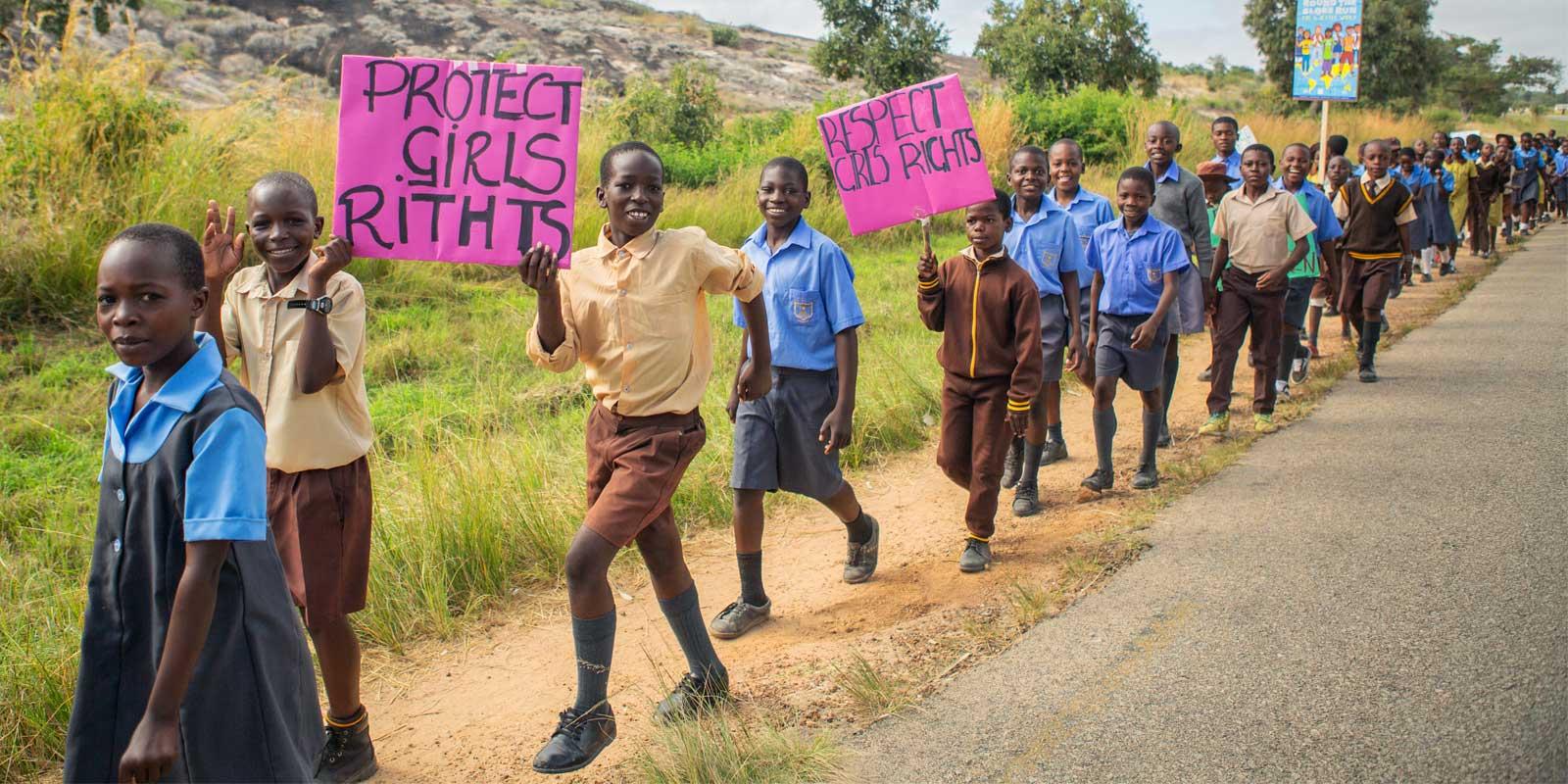
Adults should listen to the opinions of children before making decisions and consider what the children think based on their age and maturity.
This applies, of course, to parents but also to teachers, politicians, coaches, police officers, doctors, and others who have the power to influence the lives and futures of children.
The right of children to influence and participate does not mean that children should decide everything. Sometimes adults must decide if they know more about a certain issue and have more experience. But they should always have listened to the children and taken their opinions into account based on their age and maturity.
Lack of Knowledge
Unfortunately, not all children in Sweden are aware that they have the right to freedom of speech and to be heard. The Convention on the Rights of the Child states that it is the governing bodies, such as the state and municipalities, that should ensure that children are informed about their rights, for example, through education. In addition, everyone involved with children should learn about the rights of the child. Children should also be informed about how they can make their voice heard and influence decisions. Yet, surveys show that many children do not know that the UN Convention exists or what it contains.Right to Information
The ability to access information and knowledge about the rights of the child is affected by many different things, such as being able to attend school and having access to the internet. On average, 3 out of 10 children worldwide have no access to the internet at all. The worst access is for children on the African continent, where 6 out of 10 children lack internet. In most western countries, almost all children have internet, but this can also create problems when false information and abuse on social media become more common. Therefore, schools and authorities must provide children with sufficient knowledge about how they can protect themselves and ask for help when needed.Voting Rights for Children
Some believe that children should have the right to vote in political elections. A common proposal is that children should be allowed to vote when they turn 16 years old. Those who advocate for lowering the voting age argue that many demands are already placed on children of that age. Such as they must pay taxes and can be sentenced to prison. And therefore, they should also have more influence over politics and laws. Some say that since children will live longer in the world than adults, they must be allowed to influence the future. Others, who oppose lowering the voting age, think that children, whether they are 10, 13, or 16 years old, are too immature to vote. They lack life experience and know too little about societal issues and politics. They believe children can influence in other ways. Of course, some do not want to listen to children at all.
Why should we care
Researchers have found that children who are allowed to participate and are listened to fare better than other children. For example, those who can influence in school perform better in their studies, feel more motivated, and say that life feels more meaningful, compared to other children.Related stories
Långgatan 13, 647 30, Mariefred, Sweden
Phone: +46-159-129 00 • info@worldschildrensprize.org
© 2020 World’s Children’s Prize Foundation. All rights reserved. WORLD'S CHILDREN'S PRIZE®, the Foundation's logo, WORLD'S CHILDREN'S PRIZE FOR THE RIGHTS OF THE CHILD®, WORLD'S CHILDREN'S PARLIAMENT®, WORLD'S CHILDREN'S OMBUDSMAN®, WORLD'S CHILDREN'S PRESS CONFERENCE® and YOU ME EQUAL RIGHTS are service marks of the Foundation.



